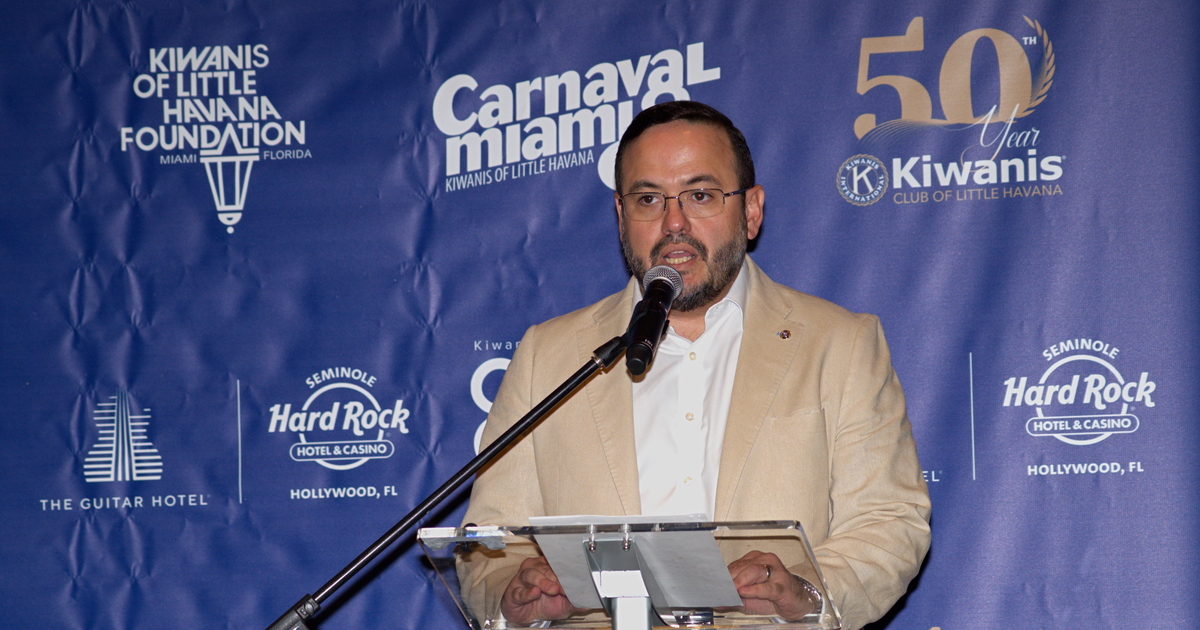Updated [hour]:[minute] [AMPM] [timezone], [monthFull] [day], [year]
Andrea Gibson, a celebrated poet and performance artist who through their verse explored gender identity, politics and their 4-year battle with terminal ovarian cancer, died Monday at age 49.
Gibson’s death was announced on social media by their wife, Megan Falley. Gibson and Falley are featured in the highly anticipated documentary “Come See Me in the Good Light,” winner of the Festival Favorite Award this year at Sundance and scheduled to air this fall on Apple TV+. The film is directed by Ryan White and includes an original song written by Gibson, Sara Bareilles and Brandi Carlile.
“Andrea Gibson died in their home (in Boulder, Colorado) surrounded by their wife, Meg, four ex-girlfriends, their mother and father, dozens of friends, and their three beloved dogs,” Monday’s announcement reads in part.
During an appearance at Sundance in January, Gibson said they didn’t expect to live to see the documentary. Bareilles shared a photo on social media Monday of herself wearing a gold necklace with the word “Andrea” in cursive. Gibson was “a wonder to behold and be held by,” Bareilles wrote. “This one is forever.”
Gibson was a native of Maine who moved to Colorado in the late 1990s and had served the past two years as the state’s poet laureate. Their books included “You Better Be Lightning,” “Take Me With You” and Lord of the Butterflies.” Gibson also released several spoken word albums, among them “Swarm,” “Truce” and “Yellowbird"; won numerous slam poetry competitions and co-founded Stay Here With Me, an “interactive safe space.”
In 2019, Gibson edited “We Will Be Shelter: Poems for Survival,” which centered on themes of social justice.
“Renowned for inspiring poetry, advocacy for arts in education, and a unique ability to connect with the vast and diverse poetry lovers of Colorado, Andrea was truly one of a kind and will be deeply missed by personal friends as well as all who were touched by their poetry,” Colorado Governor Jared Polis posted on X.
In a 2017 essay published in Out magazine, Gibson remembered coming out at age 20 while “studying creative writing at a very Catholic college” (Saint Joseph’s College of Maine). Identifying as gender queer, Gibson wrote that they didn’t feel like a boy or a girl while growing up and cited a line of their poetry: “I am happiest on the road/ When I’m not here or there—but in-between.”
Gibson’s illness inspired numerous poems about mortality, depression, life and what happens next. In the 2021 poem “How the Worst Day of My Life Became My Best,” Gibson declared “When I realized the storm/was inevitable, I made it/my medicine.” Two years later, they wondered: “Will the afterlife be harder if I remember/the people I love, or forget them?”
“Either way, please let me remember.”
 hace 1 mes
19
hace 1 mes
19





 English (US) ·
English (US) ·  Spanish (ES) ·
Spanish (ES) ·